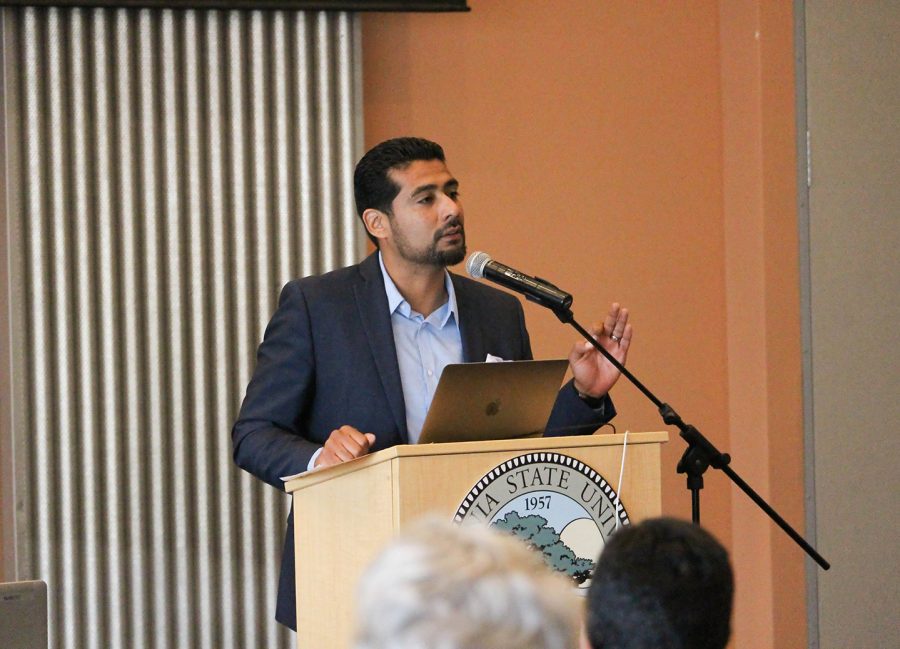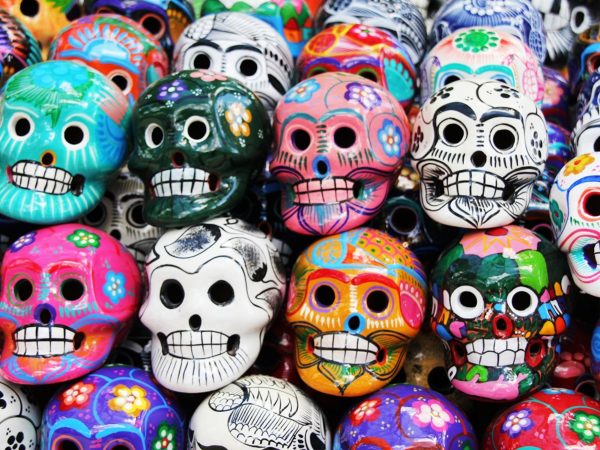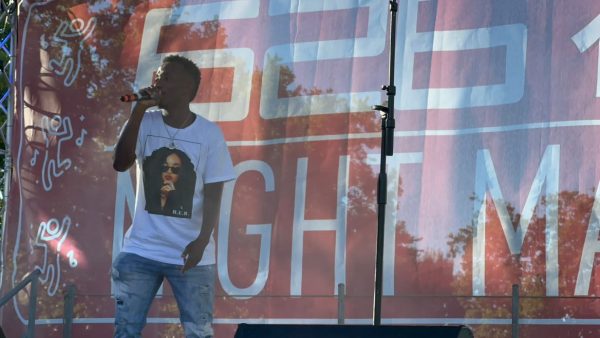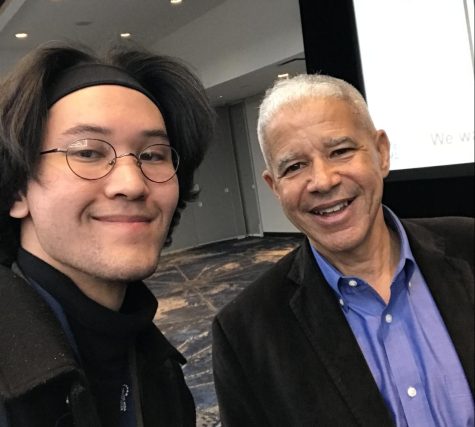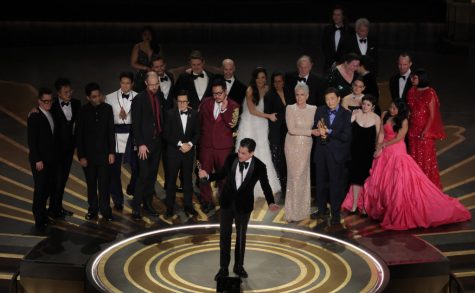From East Oakland to Ph.D.
January 25, 2017
Before Dr. Victor Rios became a professor at UC Santa Barbara and an author of five books, he grew up in one of the poorest neighborhoods in East Oakland. Surrounded by drugs, gangs and violence, he joined a local gang for protection by age 14.
Beating the odds, Rios was the only one in his family to attend college. In 1995, Rios was accepted to Cal State East Bay — then known as Cal State Hayward — under the condition that he take part in a Summer Bridge program, an Educational Opportunity Program that provides basic academic skills for incoming college students.
Rios graduated from Cal State East Bay — what he calls his intellectual birthplace — in 2000, earned his master’s degree in 2002 and then his Ph.D. in 2005 from UC Berkeley. He is currently a professor at UC Santa Barbara, where he teaches courses in juvenile justice and sociology.
On Friday, in the New University Union from noon to 1 p.m., Dr. Rios spoke briefly about his book “Punished: Policing the Lives of Black and Latino Boys,” which was published in 2011. He explained the challenges these young men face and their harsh treatment in schools, communities and the world in which they are constantly policed and condemned. He discussed his work with minority groups and his research of 10 years with juvenile delinquents and gang-affiliated teens.
“You can take me out of Oakland, but you can’t take Oakland out of me,” Rios told the audience.
For about an hour, Rios talked about his life as a gang member, and showed a trailer of a documentary about his life. He discussed his current work on Project GRIT, which stands for Generating Resilience to Inspire Transformation, aimed at helping minority groups that consist of “at-promise youth” in Southern California’s inner-city Watts. The term “at-promise youth” is what he calls children considered at-risk, or adolescents labeled less likely to find socioeconomic success in their transition to adulthood.
Dr. Rios doesn’t believe these students are at-risk, they just need the help and guidance to continue on the right path. Dr. Rios himself was once classified as an at-risk youth. These at-promise youth are not only found in Oakland but in the poorest neighborhoods around California.
“As a current staff member and alumni of EOP and CSUEB, it makes me proud to see how others are doing. Also, to see a Latino male with a doctorate degree it’s amazing and motivational,” said Belen Menjivar, the Outreach and Admissions counselor for the transfer program Gaining Access N’ Academic Success, or GANAS.
“Oppression should never stop you from dreaming,” he told the audience.
Rios explained how dreaming was his only outlet from reality. He never guessed his dreams would come true, and that he would be back to the place that gave him a chance, the place that became his intellectual birthplace: Cal State East Bay.
Dr. Diana Balgas, an executive director at CSUEB for the Transfer Student Programs, was the Summer Bridge counselor at CSUEB when Rios applied in 1995. Balgas described his wardrobe as “cholo-like.”
“Picture an 18-year-old fresh out of high school wearing a pendleton, nice crisp khakis and Converse joining the Summer Bridge program,” Balgas said.
Dr. Balgas mentioned how in the Summer Bridge program they had multi-cultural workshops and presentations. There was a doctor who was also a former cholo and went to the program to give a speech, inspiring Dr. Rios to change his ways.
Dr. Rios is now a recognized National Latino Leader by our former Vice President Joe Biden.




